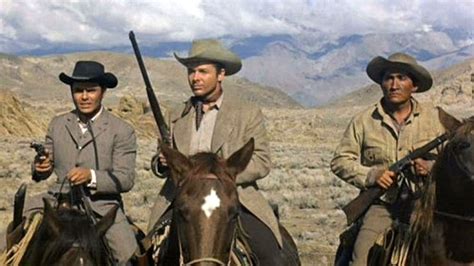
Well, friends, since I started a few days later than I’d planned (on Aug 13th), today marks one month since I started writing House of the Dracus. And in a twist that shocked absolutely no one, I didn’t complete the story within the two-week window I had set. I certainly smashed the 20k word goal, but apparently the story had a lot more to it than I had initially guessed. (I reeeeeally need to work on this skill of outlining for shorter stories or longer stories. As stands, I outline whatever the heck I feel like and then watch in dismay as my story balloons to whatever the heck it feels like. But that’s another post.)
So after I had knocked out the 20k in two weeks, I just kept writing. And I’ve been writing. Ever since. It’s been pretty slow going—what with work and school and everything else—but I’ve been chipping away at it.
And last night—when I should have been writing this post, actually—I finally finished the thing! Ahhh! It’s not quite a full NaNoWriMo 50k, but it’s pretty close at just over 45k.
These kinds of literary jolts to the system are so good for me. I have a tendency to get into a rut and just keep doing that same thing forever until something comes along to knock me out of the rut. Most of the time, I keep pretty good habits. But writing is quite often the first thing to fall off the wagon when time gets tight, and it’s easy for me to set aside less and less time for writing as other obligations crowd in. Having good friends who give me a bookish kick in the pants every now and then help me to remember how much I love writing and wrestle it back in the wagon.
Obviously, the project changed a bit from its original idea over the course of the month. The two-week 20k turned into a four-week 45k somehow. And the very simple, streamlined storyline I had imagined got a little more complicated and nuanced as I went along. (I imagine those two things are somehow related, haha.) Neither of these things particularly surprised me, given that I’m me and out-of-control behemoth stories is kind of what I do.
All in all, it was a fun project and I’m glad I did it. I’ve gotten myself all trained up for writing stories and ignoring homework, because I sat down this evening to study and instead found myself itching to open a Scrivener document. Alas, much like running a marathon, I can’t do it every day. Now that the race is over, I hope to keep writing, but at a trimmed back rate that doesn’t impact my grades and my family quite so much.
But seriously, if you find yourself in a writing rut and you’re not sure how to get out of it, get some mischievous friends and a set of definitely-not-loaded dice to roll up a new story. It might be the jolt your writing routine needs!
Until next time, happy writing!






 Want to know a secret? When left to my own devices, I’m not a very productive writer. I can easily type over seventy words per minute, but I generally don’t write more than a couple paragraphs in a day
Want to know a secret? When left to my own devices, I’m not a very productive writer. I can easily type over seventy words per minute, but I generally don’t write more than a couple paragraphs in a day to improve group cohesion, but honestly, I don’t think we need much more than that. We’re basically like the same demographic copied three times and we adore each other; doesn’t get much more cohesive than that. Some groups prefer having group agreements laid out at the beginning for newcomers to sign. Others like to keep it local and meet face to face. Some groups are only for writing, which others like to throw in beta reading as well. What works for one group might not work for the next. You do you.
to improve group cohesion, but honestly, I don’t think we need much more than that. We’re basically like the same demographic copied three times and we adore each other; doesn’t get much more cohesive than that. Some groups prefer having group agreements laid out at the beginning for newcomers to sign. Others like to keep it local and meet face to face. Some groups are only for writing, which others like to throw in beta reading as well. What works for one group might not work for the next. You do you.